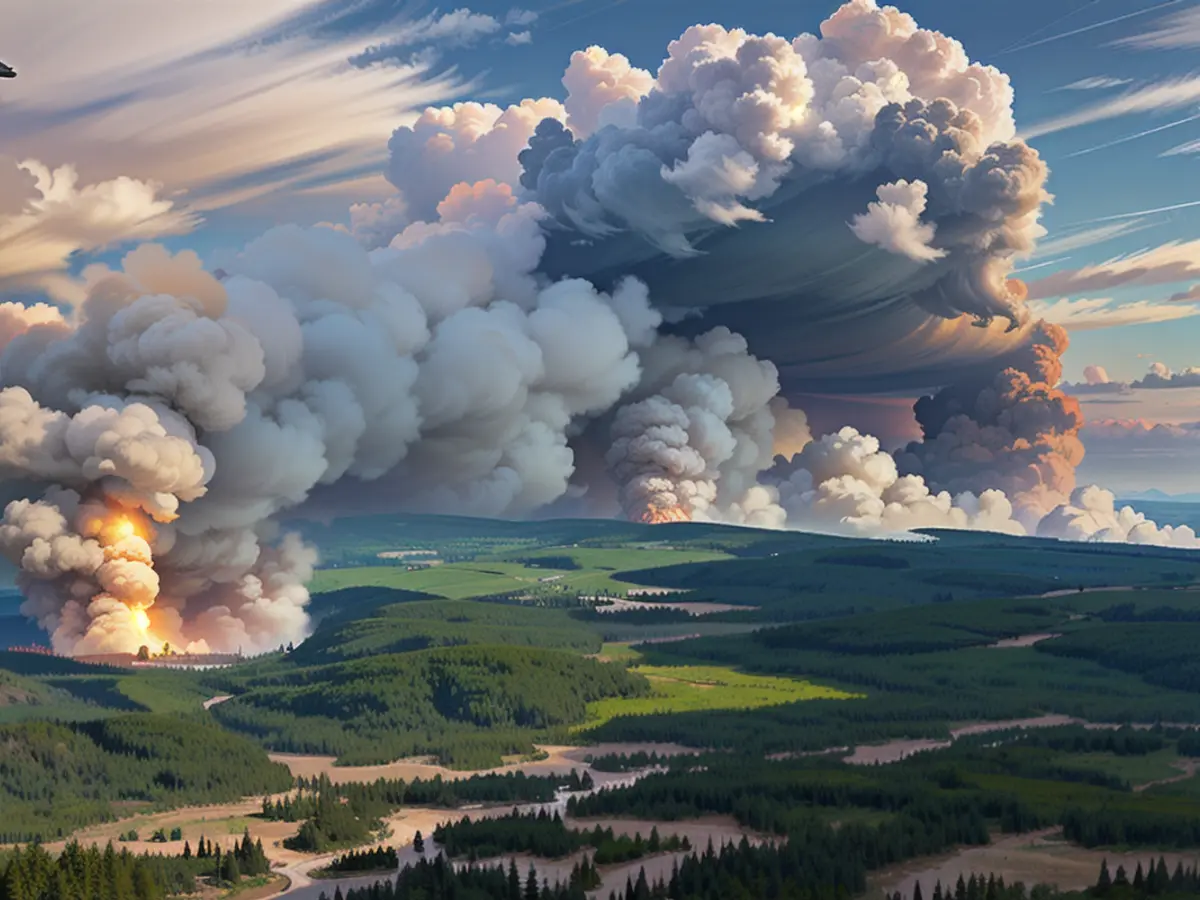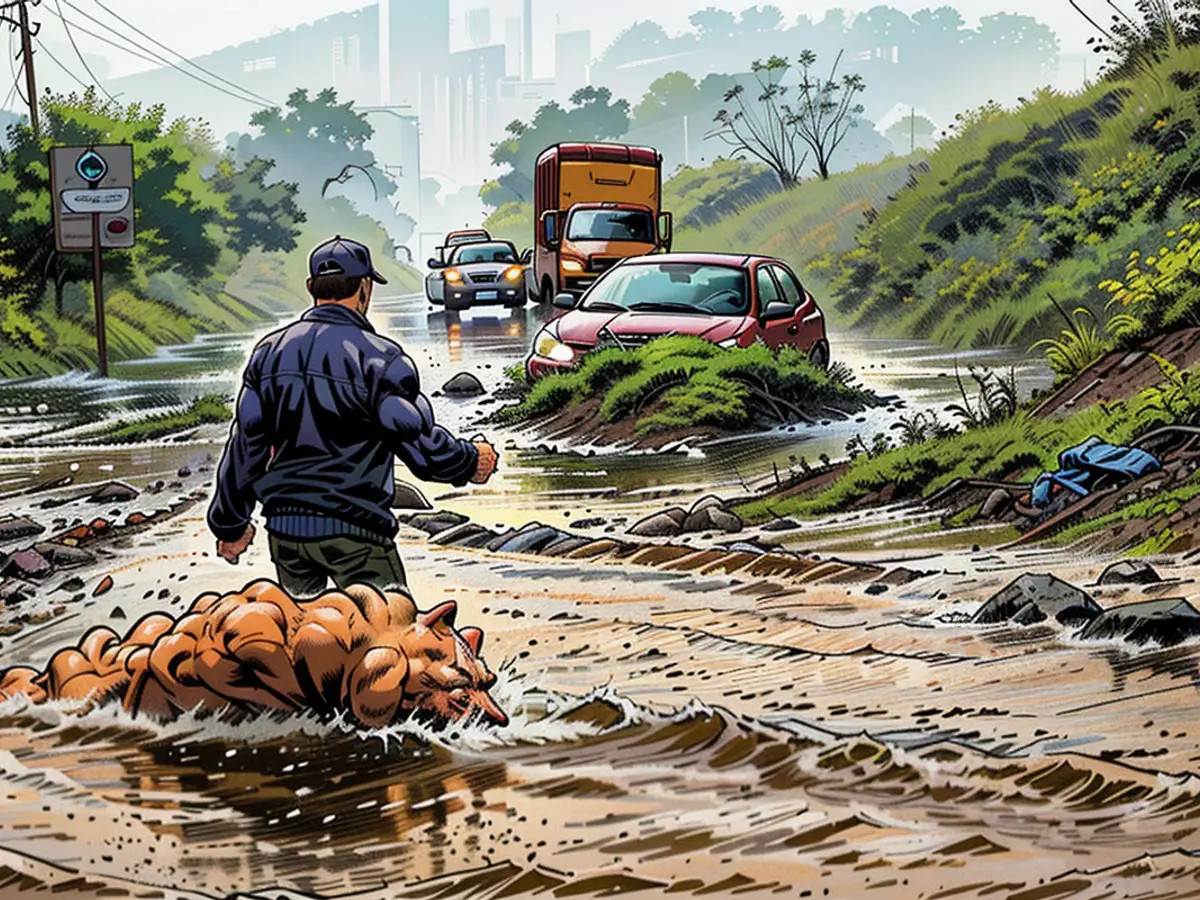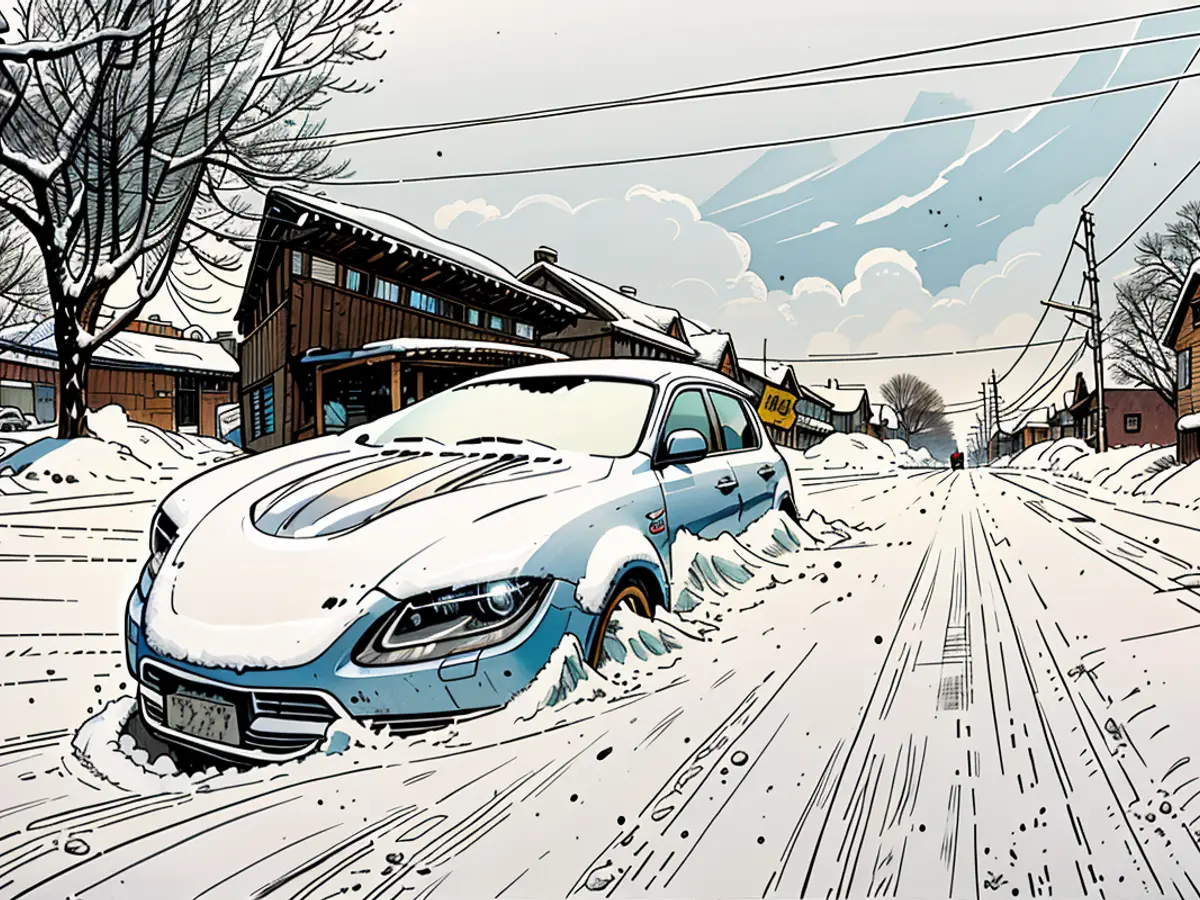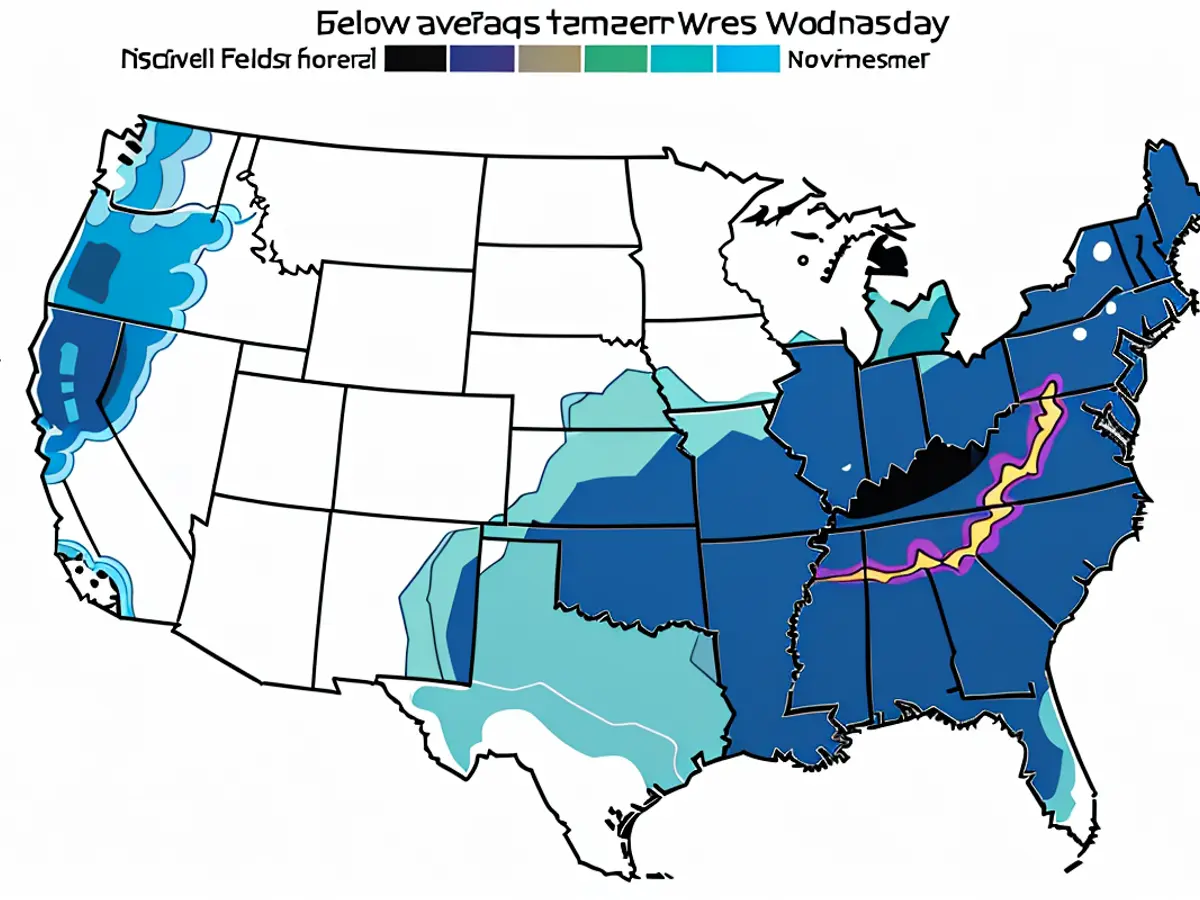Fast-moving fires pose a danger to Canadian cities and harm air quality.
The 2024 wildfire season in Canada is getting off to a concerning start, with fresh fires igniting each day and previously dormant so-called "zombie" fires reemerging. It isn't yet matching the record-breaking season from last year, but given the worsening wildfire behavior in a warming world, fire officials in Canada are warning of an "explosive" season that could turn out to be just as bad.
Dry and windy weather conditions have led to several fires expanding significantly over the weekend. Although wet weather is expected in the coming days, firefighting efforts will continue to face challenges in many provinces until midweek due to strong winds.
In northeastern British Columbia, the Parker Lake Fire has ballooned in size from 13,000 acres on Monday to close to 21,000 acres on Tuesday. The fire was located just over a mile west of the town of Fort Nelson early Tuesday morning.
Approximately 4,700 people have been ordered to evacuate, including residents of Fort Nelson and Fort Nelson First Nation.
Large wildfires have also led to evacuation orders in Manitoba and alerts in Alberta.
A massive wildfire in Manitoba has scorched over 86,000 acres as of Monday, prompting the evacuation of more than 500 residents in the town of Cranberry Portage, which is less than a mile away from the blaze.
A wildfire about 10 miles southwest of Fort McMurray, Alberta, which was previously destroyed by a wildfire in 2016, has burned through 19,000 acres by Tuesday. An evacuation alert has been issued for residents in Fort McMurray, Saprae Creek, Gregoire Lake Estates, Fort McMurray 468 First Nation, and Anzac, according to Alberta officials.
The ongoing fire activity is causing hazardous smoke to spread across Canada and into the US. With the fires still burning, the threat of smoke will persist.
Hazy conditions and unhealthy air quality levels were present on Tuesday morning in areas including the Dakotas and Kansas. The central US will remain the main focus for Canadian smoke throughout the week.
Climate change is exacerbating wildfire behavior
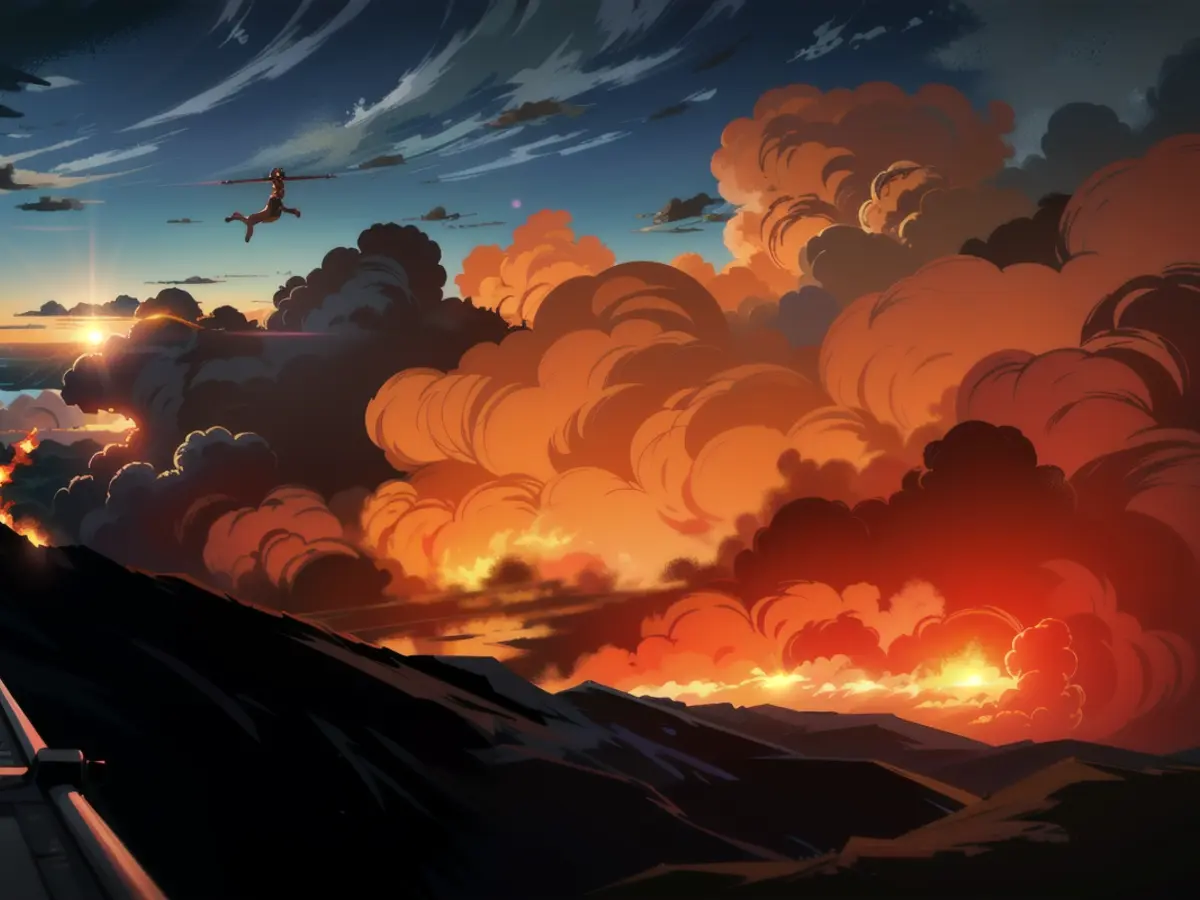
Although gusty winds are fueling current fire activity, the roots of these fires go back to the winter and previous years as the world continues to warm due to human-driven climate change.
"This region has experienced multiple years of drought, with below-normal snowpack this past winter," said Ben Boghean, a fire behavior specialist for the BC Wildfire Service. "As a result, our forests in the Fort Nelson zone are very susceptible to new fire ignitions and high rates of spread."
Decreasing snow, increasing temperatures, and worsening droughts are all indicators of climate change and are expected to continue driving larger and more intense fires in Canada in the future, according to Environment Canada.
The 2023 wildfire season in Canada was the most devastating on record, with significant damage reported in British Columbia, where fires destroyed several hundred homes and covered an area as large as Maryland, according to the BC Wildfire Service.
There are currently over 130 fires burning in Canada, with 40 considered out of control.
Some of these blazes are "holdover fires" or "zombie fires" – the lingering remains of last year's epic fires, smoldering underground throughout the winter and reigniting when exposed to warmer temperatures in the spring.
"In the past, winter conditions would put out a lot of holdover fires," stated Ma, British Columbia's minister of emergency management and climate readiness. "In this case, what we've seen is that due to higher temperatures and persistent drought throughout the past year, many of these holdover fires weren't extinguished like they usually are."
Two "zombie" fires, the Patry Creek Fire and the Nogah Creek Wildfire, are rapidly growing to the north and east of Fort Nelson and contributing to the evacuation orders.
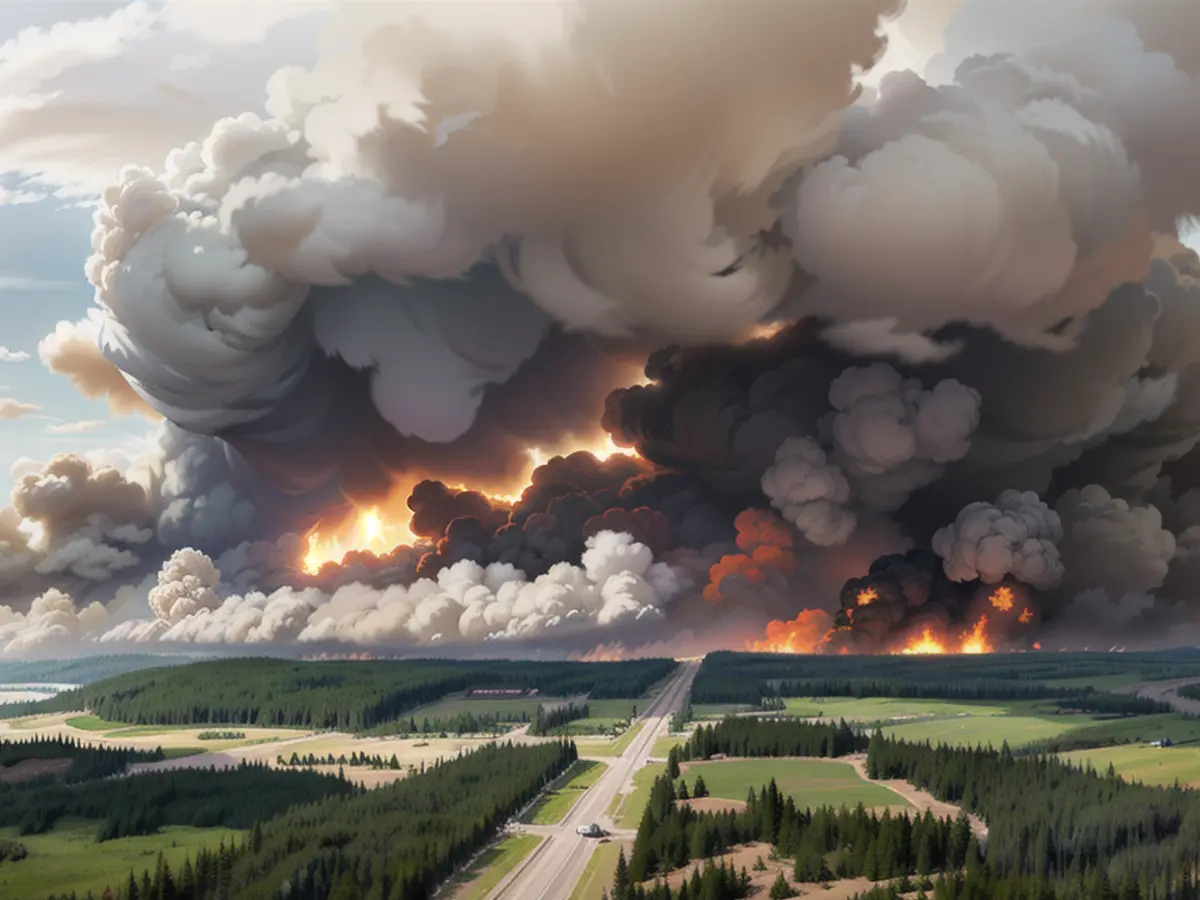
Read also:
- Rain expected again: The situation in the flood areas remains threatening
- Continuous rain until Thursday: Concerns about collapsing dykes are growing in the flood areas
- Flood situation remains tense - more rain forecast
- Flood situation remains tense - weir on the Elbe is opened
The ongoing wildfires in Canada are a direct consequence of climate change exacerbating wildfire behavior, as observed by fire behavior specialist Ben Boghean. The dry and windy weather conditions are making the fires more expansive, as seen in the Parker Lake Fire in northeastern British Columbia, which grew from 13,000 acres on Monday to nearly 21,000 acres on Tuesday.
Source: edition.cnn.com
